SHOCK: Two Black Women Allegedly Shot and Fed to Pigs on South African Farm
Jamaica Live International Edition-Aug 5, 2025
LIMPOPO, SOUTH AFRICA — A chilling case unfolding in South Africa has once again thrown the spotlight on the nation’s deeply entrenched racial and land-related tensions. A white farmer and his two employees have been charged in the brutal murder of two Black women, whose decomposing bodies were discovered inside a pigsty on a farm in Sebayeng, just outside Mankweng in the northern Limpopo province.
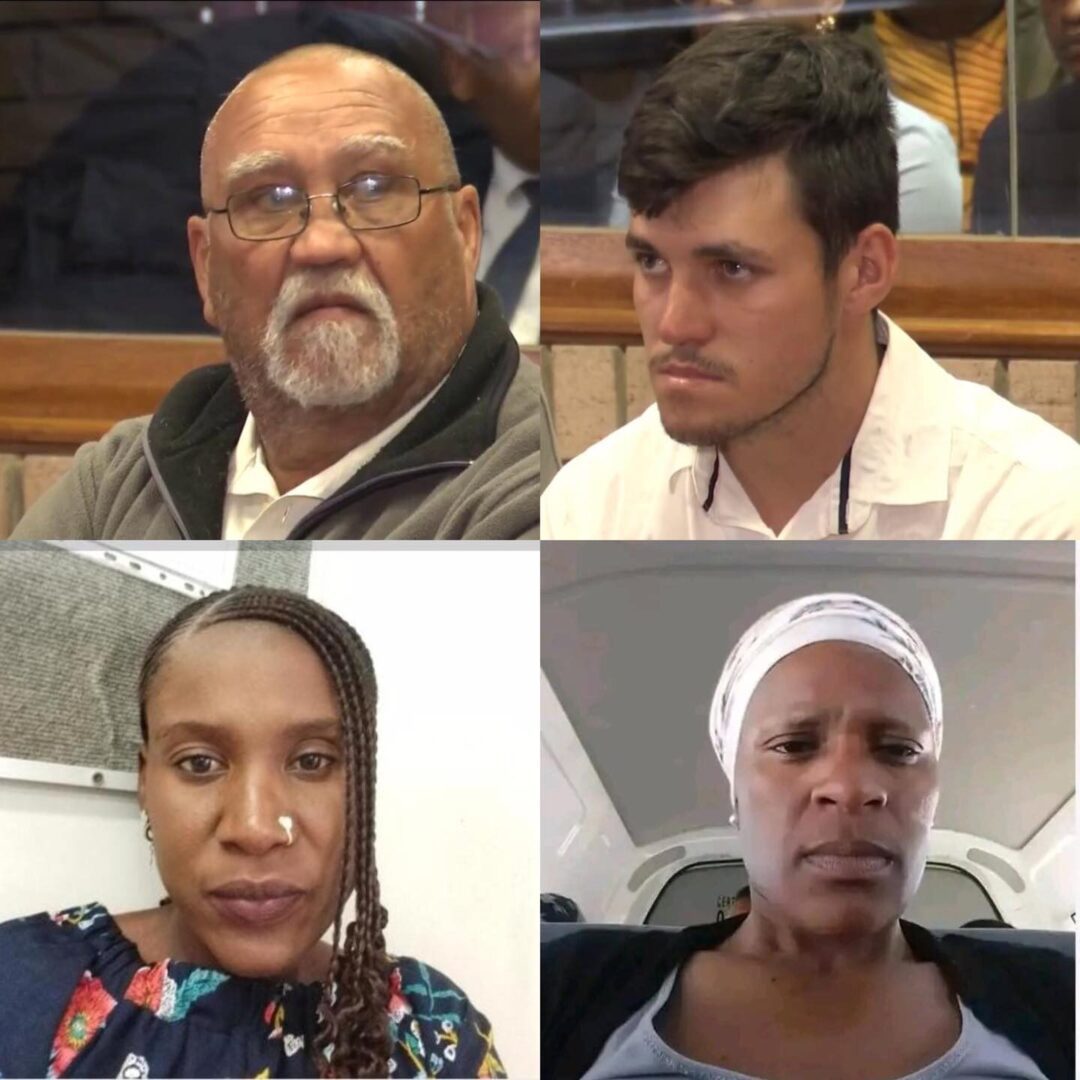
The suspects — Zachariah Johannes Olivier (60), the white farm owner, and his employees Adriaan De Wet (19) and William Musoro (45), a Zimbabwean national— appeared in the Mankweng Magistrate’s Court last Friday. They are facing a raft of serious charges, including:
- Two counts of murder
- One count of attempted murder
- Possession of an unlicensed firearm and ammunition
- Defeating the ends of justice
- Contravention of the Immigration Act (specific to Musoro, who is reportedly in South Africa illegally)
The case has been postponed until 30 August 2025 for a formal bail application. In the meantime, all three men remain in custody.
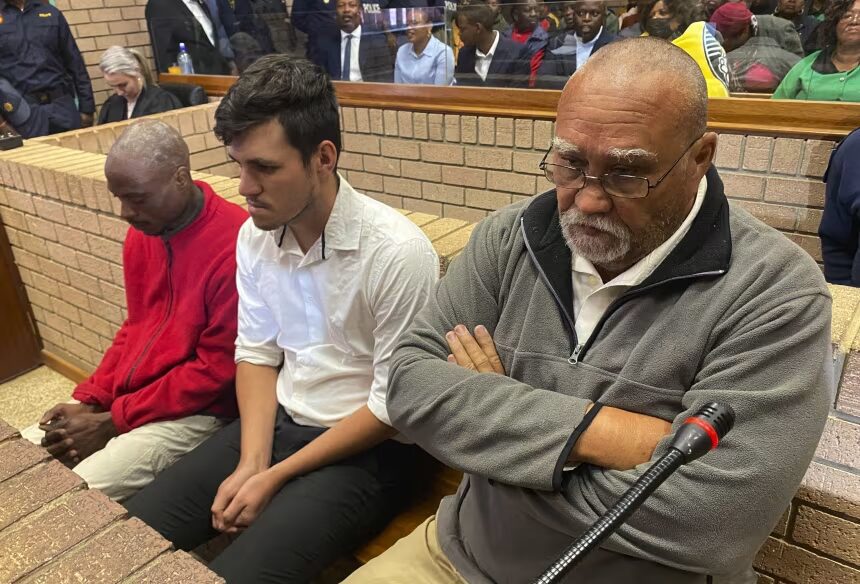
AP
Timeline of Events: What Happened on the Farm?
According to the South African Police Service (SAPS), the investigation began when Maria Makgato (45) and Lucia Ndlovu (35), both Black women, went missing after visiting the farm on 17 August 2024. The women, accompanied by Ndlovu’s 47-year-old husband, reportedly entered the farm grounds in search of expired dairy products that were regularly dumped as pig feed.
What followed, police say, was a horrific act of violence: both women were shot and killed, and Ndlovu’s husband was also shot but survived and was hospitalized. Their decomposing bodies were found three days later, dumped in a pigsty — allegedly fed to the pigs to destroy evidence.
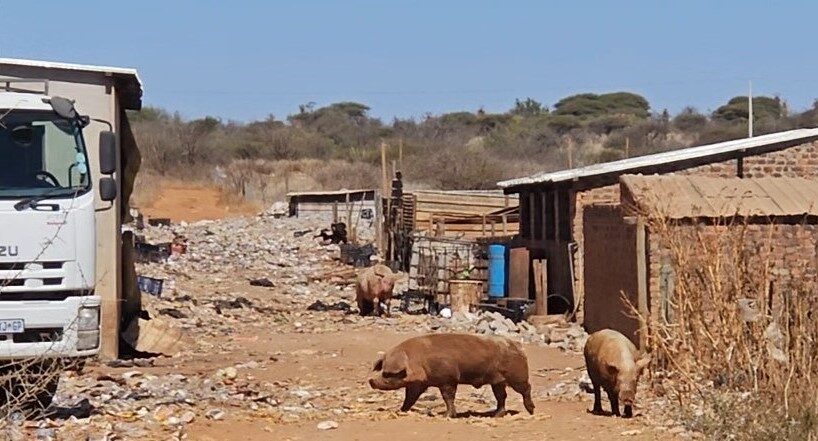
One Accused Turns State Witness.
In a twist that has stunned observers, Adriaan De Wet, a young farmhand and supervisor, has turned state witness, reportedly confessing to the gruesome act but blaming his employer, Olivier.
According to both prosecutors and De Wet’s lawyer, he was forced under duress to help dispose of the women’s bodies by dumping them into the pig enclosure. His legal team is now seeking for all charges against him to be dropped in light of his cooperation.
If the court accepts De Wet’s claim that he acted out of fear and not willfully, he may be granted immunity from prosecution.

⚖️ Justice or Just Another Statistic?
The trial, already dubbed the “Pigsty Murders” by South African media, has ignited outrage across South Africa and beyond, exposing the ongoing racial animosities simmering beneath the surface, particularly in rural areas where the legacies of apartheid remain firmly rooted in land ownership and economic disparities.
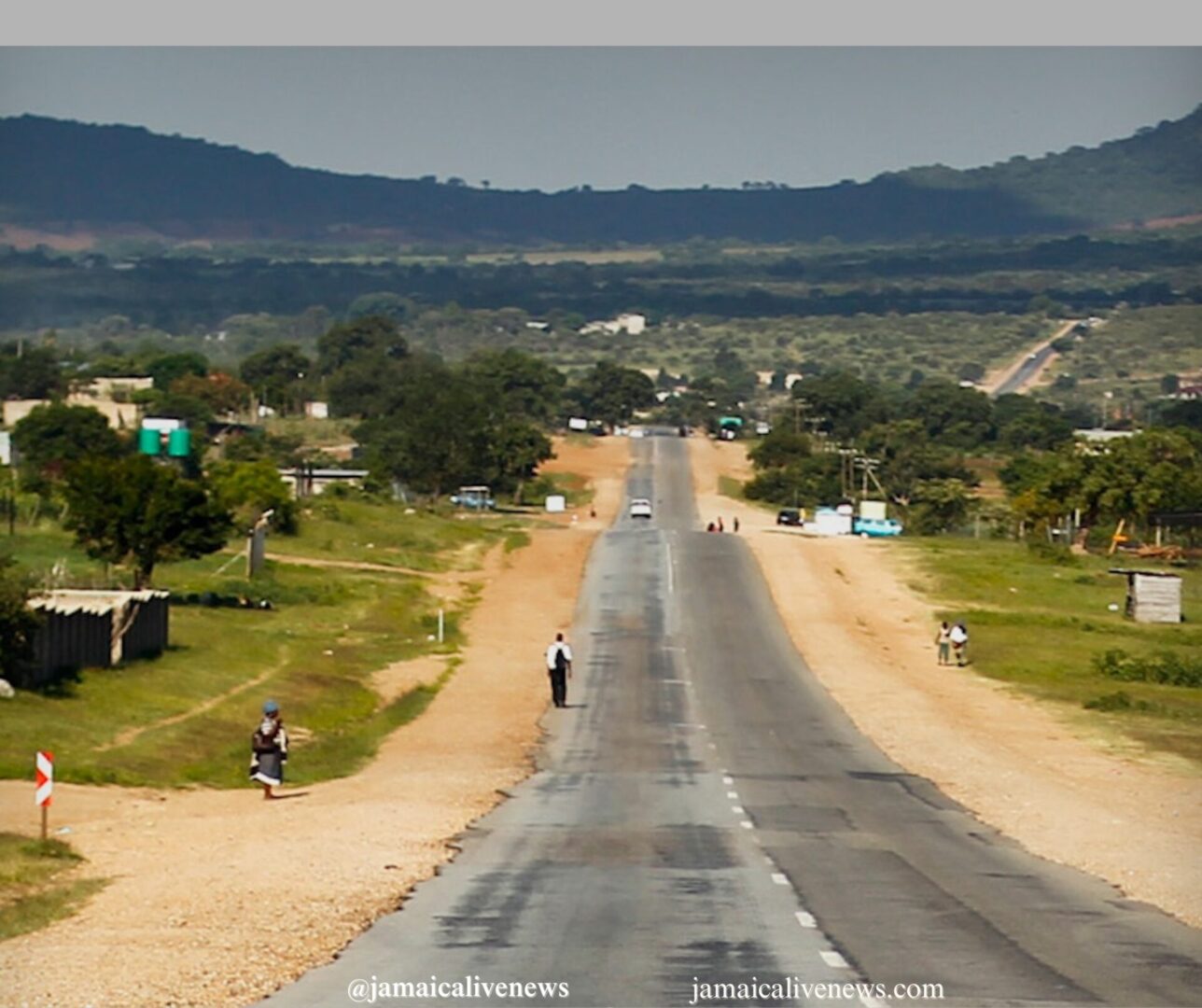
Olivier and Musoro have not entered any plea and remain in detention. Musoro, who is reportedly undocumented, also faces additional charges for contravening immigration laws.
The Limpopo High Court was packed on the day of the hearing with the victims’ families, outraged community members, and political activists, including members of the opposition Economic Freedom Fighters (EFF), who have called for the farm to be shut down and seized by the state.
Racial Fault Lines: A Pattern of Abuse
This case is not isolated. It follows a disturbing pattern of violence and racial tension on South African farmlands:
- In Mpumalanga, four white men, including a farm manager, are facing trial for allegedly killing and burning three Black individuals accused of stealing livestock in 2024.
- In 2019, two white farmers in the North West Province were convicted of murdering a 16-year-old Black boy by throwing him out of a moving truck over sunflower theft. Their conviction was later overturned in 2021 due to insufficient evidence — sparking public uproar.

While some international voices — including figures like Elon Musk and the Trump administration — have previously claimed there is a “white genocide” occurring in South Africa, local realities paint a more complex and often painful picture. In fact, numerous cases point to white farmers abusing, killing, or mistreating Black laborers and locals, often with impunity.

Land, Power, and the Shadow of Apartheid.
Although apartheid officially ended more than 30 years ago, its social and economic structures still cast a long shadow.
Roughly 72% of private agricultural land is still owned by the white minority, while the vast majority of farmworkers — overwhelmingly Black — remain underpaid, unprotected, and vulnerable to violence and exploitation.
This power imbalance, many say, lies at the root of the violence and feeds into ongoing debates over land reform, restitution, and justice.
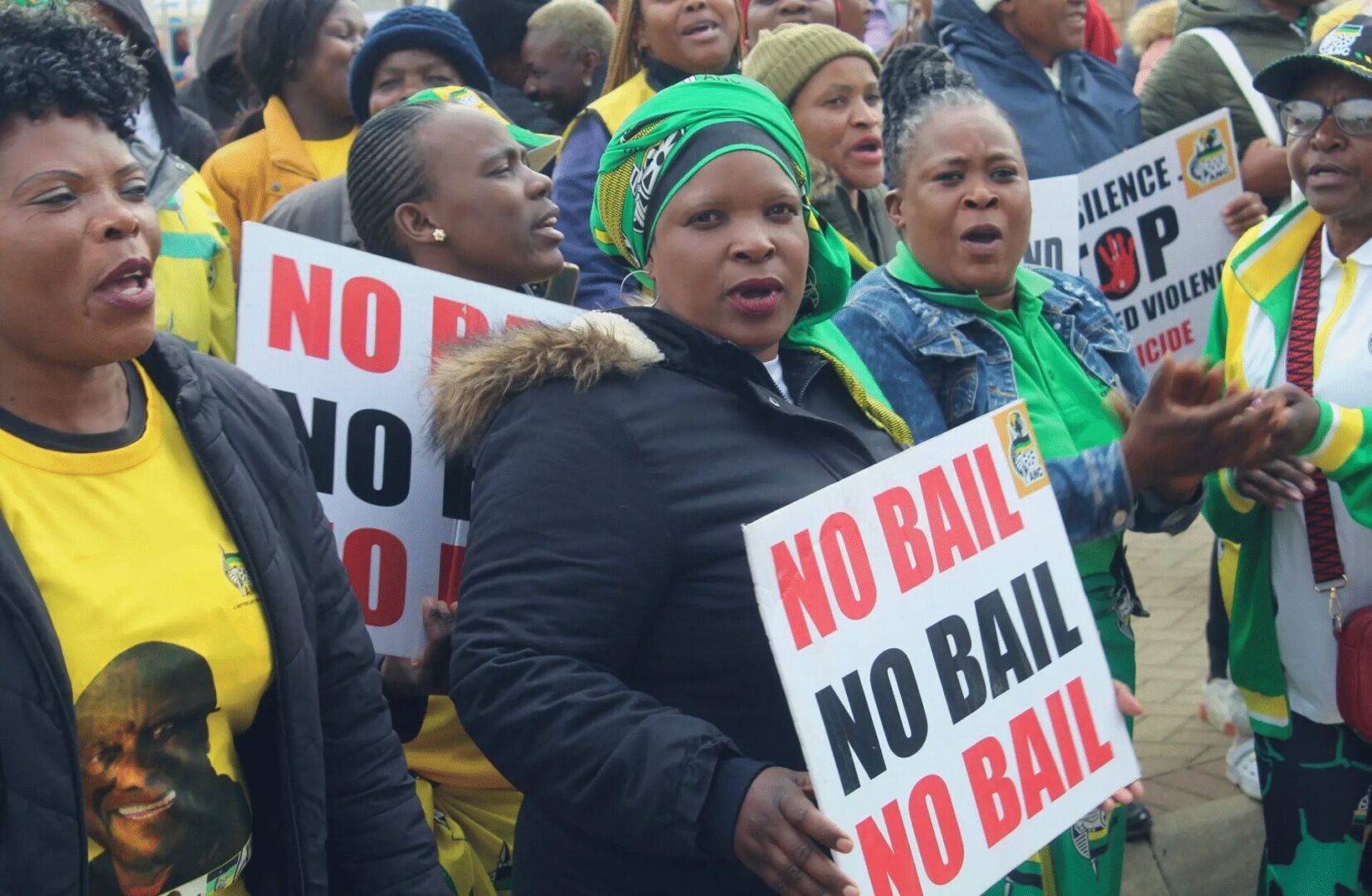
The trial resumes later this month with the world watching. The outcome of this case could have far-reaching implications — not only for the families of the victims but for South Africa’s fragile racial cohesion and its unresolved reckoning with its apartheid past.
As pressure mounts from human rights groups, political parties, and the global public, many are asking the hard question: How many more Black bodies will be buried beneath South Africa’s unhealed land before justice truly becomes colorblind?
Jamaica Live International Edition will continue to monitor this case closely.
🕊️ Rest in Peace, Maria Makgato and Lucia Ndlovu.
✊🏾 Justice must prevail.
